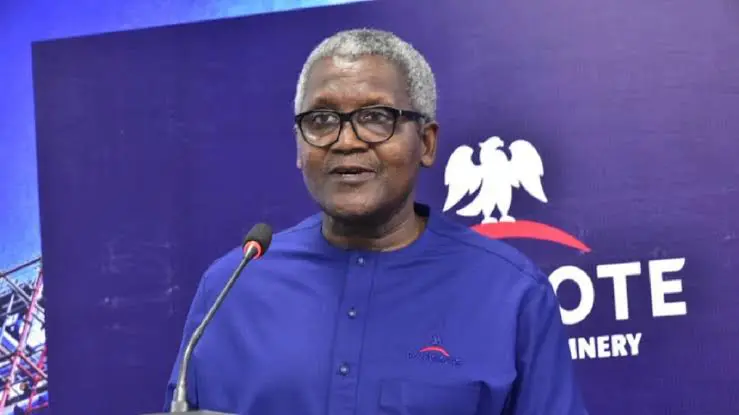Nigeria’s foreign exchange reserves rose by $591.78 million following the government’s $2.2 billion Eurobond auction on December 2, 2024.
According to the Central Bank of Nigeria, reserves increased from $40.29 billion on December 2 to $40.88 billion by January 3, 2025.
This marks a month-on-month growth of 1.47%, highlighting the positive impact of the Eurobond proceeds on Nigeria’s external reserves.
The reserves saw steady accumulation throughout December, with a modest increase in the first week following the Eurobond auction.
By December 9, reserves had risen to $40.376 billion, reflecting an $84 million increase within seven days.
The growth accelerated in mid-December, with reserves jumping from $40.525 billion on December 12 to $40.790 billion by December 19, marking a sharp $265 million rise in one week.
By the end of December, reserves peaked at $40.884 billion, and the upward trend continued into early January.
The increase in foreign exchange reserves comes amid Nigeria’s economic challenges, including a rising fiscal deficit and exchange rate volatility.
The proceeds from the Eurobond auction provided essential liquidity, enabling the government to strengthen its reserves while managing key financial obligations.
This boost has positioned Nigeria to better manage external payments and stabilize the naira.
A year-on-year analysis reveals a significant growth in the country’s reserves over the past year.
On January 3, 2024, reserves stood at $33.042 billion, rising to $40.884 billion on January 3, 2025.
This $7.842 billion increase represents a 23.74% growth, reflecting the government’s efforts to secure foreign capital and stabilize its external finances.
The rise in foreign exchange reserves has significant implications for Nigeria’s economy.
With higher reserves, the country is better positioned to meet external payment obligations, such as debt servicing and import financing.
However, sustaining this upward trend presents challenges, as reliance on external borrowings, like Eurobonds, raises concerns about the long-term sustainability of Nigeria’s fiscal policies.









